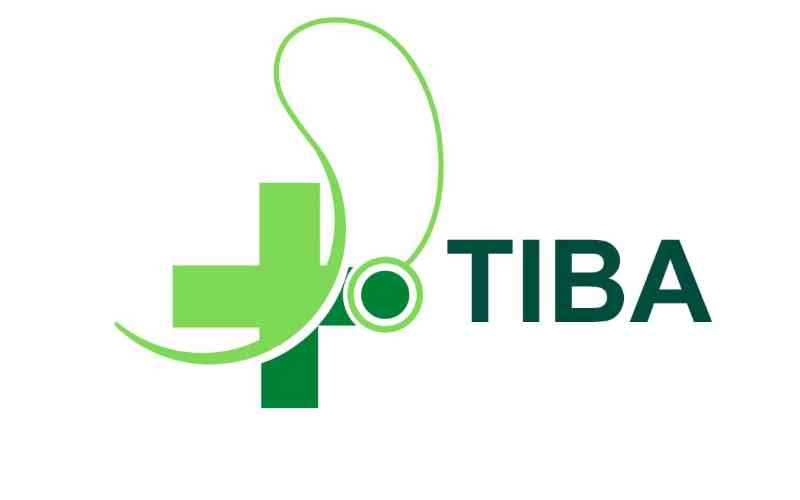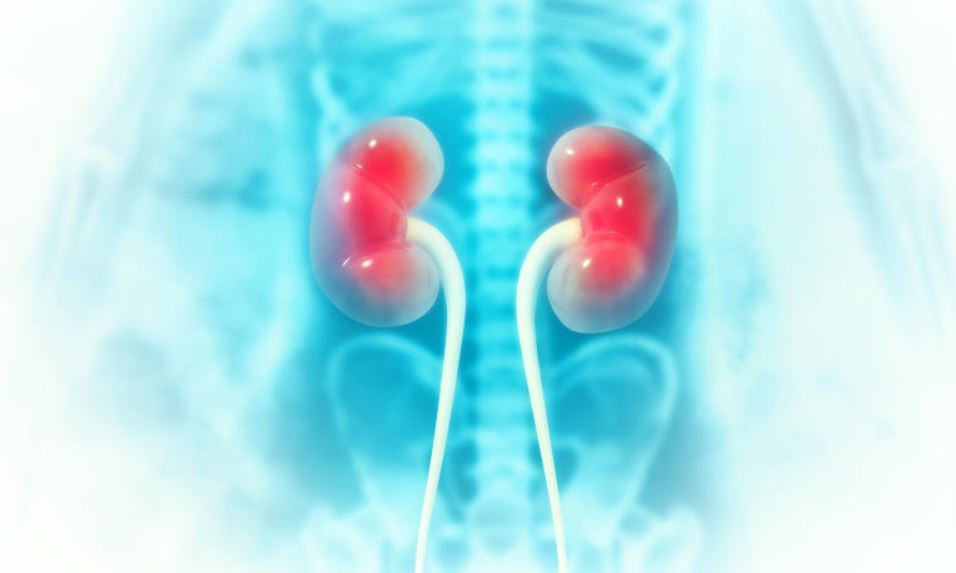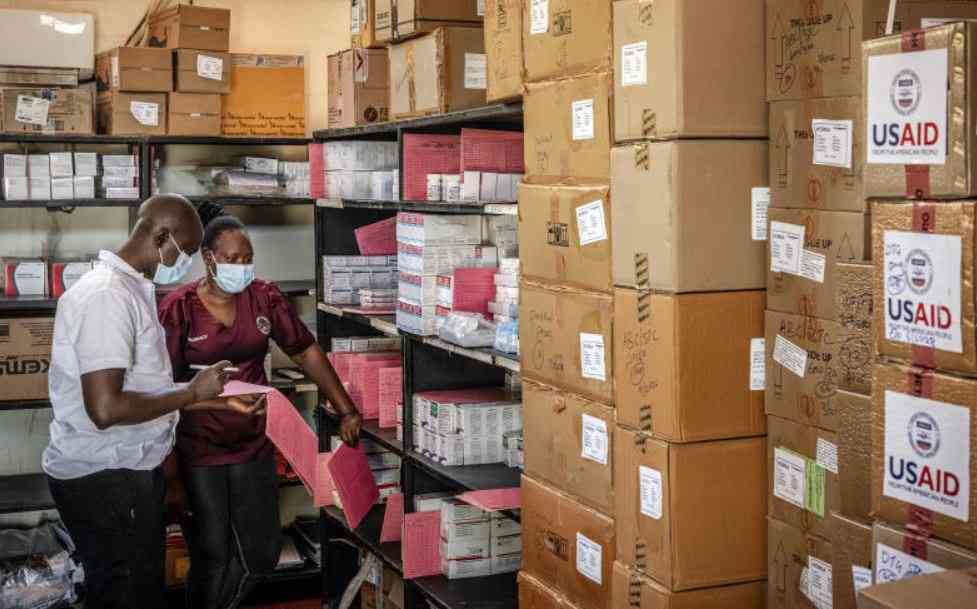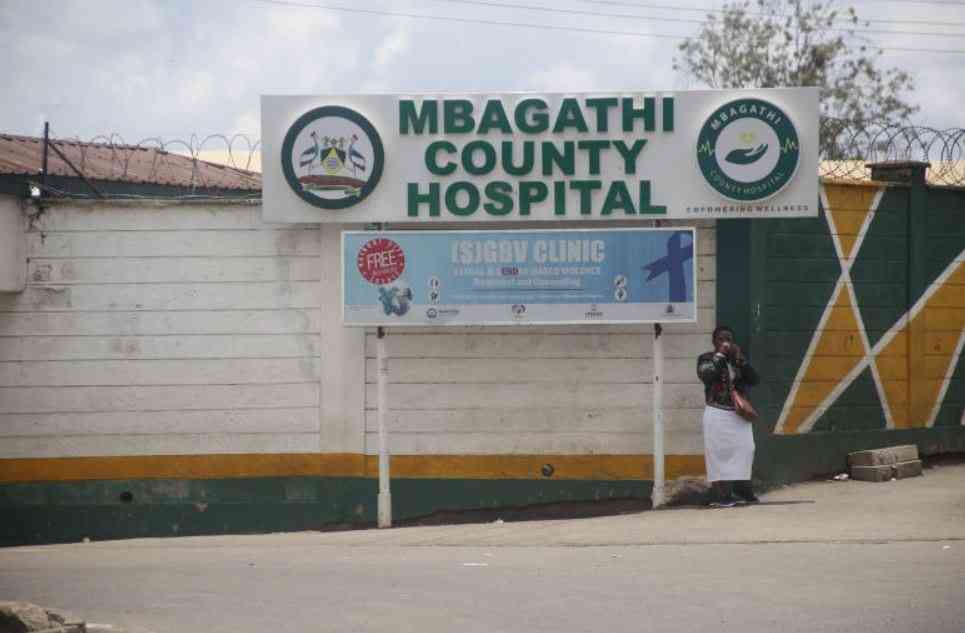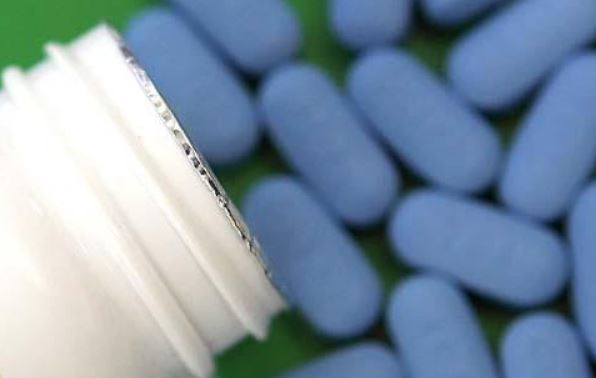
About 54,000 Kenyans are using the daily HIV prevention pill today up from 9,000 a year ago. This is the second highest use in the world after US, which has 197,000 users in a population of 325 million.
This is a major jump from just about 9,000 early last year, to 27,000 in November and 54,000 now.
The pill known as Pre-Exposure Prophylaxis (PrEP) and taken daily by HIV negative people to protect them against infection was officially launched in Kenya in 2017.
Original starters
PrePWatch, an Internet site run by the American NGO AVAC, and which tracks the use of the pill globally, puts Kenya the topuser in Africa.
Use in Kenya is way ahead of countries with higher HIVprevalence rates. Swaziland (Eswatini) which has one of the highest HIV prevalence rates in the world, 27 per cent, has 2,300 PrEP users.
Botswana with a prevalence rate of 22 per cent has only 100 PrEP users. South Africa with a prevalence rate of 19 per cent has 17,000 users. Uganda has 12,000 users, Tanzania 8,300 and Nigeria 600. HIV prevalence rate in Kenya is 5.4 per cent. Among rich countries; UK has 11,000 users, Australia 18,000, Japan 100, China 1,000 and Spain 1,500.
The estimates however do not indicate whether these are consistent or just one off users of the daily prevention pill.
A study presented at a UN meeting in The Netherlands in August showed most Kenyans starting on the pill do not go beyond the first month.
The study showed by the sixth month, less than 10 per cent of the original starters are still on the pill. The highest dropout rates were recorded among girls aged 15 to 29.
The research by the National AIDS and STIs Control Programme and the National AIDS Control Council had assessed the retention rates of people enrolled in PrEP programmes in Kenya.
The assessment was done among 1,585 female sex workers, men who have sex with men and young women between 2015 and 2016. “We observed high attrition from PrEP use by all groups but especially among young women,” said the study.
One month after enrollment, data showed about 60 per cent of starters had dropped out and only 26 per cent were still on by the third month and 14 per cent by the sixth month.
Reasons for stopping use of PrEP, the study says, include reduced self-perception of risk, misconceptions about the pill, negative attitude from health workers, and tedious procedures at health facilities.
On Tuesday scientists at the Kenya Medical Research Institute (Kemri) and several US universities made a raft of radical proposals on how to attract and keep 15-year-old girls on the pill.
The suggestion published in the Journal of the International Association of Providers of AIDS Care, for example wants the girls to get prescriptions without necessarily being subjected to parental consent. They also suggest the pills be offered in hospitals by friendly and non-judgmental staff including ‘PrEP Queens’ – girls who themselves use the pill.
Such health facility settings the researchers suggest should be youth offering incentives such as WiFi.
PrEP promotions they suggest be taken where young girls and women are likely to congregate including hair salons and night clubs. “For instance, PrEP can be messaged as a way for clever and wise young women to stay healthy, so they may attend university,” suggest the researchers.
The pill however comes with a strong requirement that users be subjected to regular liver monitoring due to its high toxicity.
When taken as prescribed, experts say PrEP can reduce the risk of contracting HIV by up to 90 per cent.
Going by the brand name Truvada, it is manufactured by the US drug maker Glead Sciences.
However, Mylan Laboratories and Aurobindo Pharma of India but with strong US presence have registered generics of Truvada in Kenya for use in HIV prevention.
Many of the generic HIV medicines in Africa come from Mylan Laboratories of Hyderland India, a subsidiary of Mylan NV, an American global generic manufacturer registered in the Netherlands.
PrepWatch says the user data is collected from the US President’s Emergency Plan for AIDS Relief (PEPFAR), and country reports.
But this is framed against increasing skepticism over the integrity of HIV data in Kenya. In December an evaluation of the voluntary male circumcision project in Kenya found huge data exaggeration in western Kenya.
Also an audit report of Global Fund last year found high cases of double or multiple data reporting in its supported HIVprogrammes.
Earlier last year another study, which also involved the Ministry of Health showed exaggerated HIV prevalence rates in parts of Western Kenya.
 The Standard Group Plc is a multi-media organization with investments in media
platforms spanning newspaper print
operations, television, radio broadcasting, digital and online services. The
Standard Group is recognized as a
leading multi-media house in Kenya with a key influence in matters of national
and international interest.
The Standard Group Plc is a multi-media organization with investments in media
platforms spanning newspaper print
operations, television, radio broadcasting, digital and online services. The
Standard Group is recognized as a
leading multi-media house in Kenya with a key influence in matters of national
and international interest.

